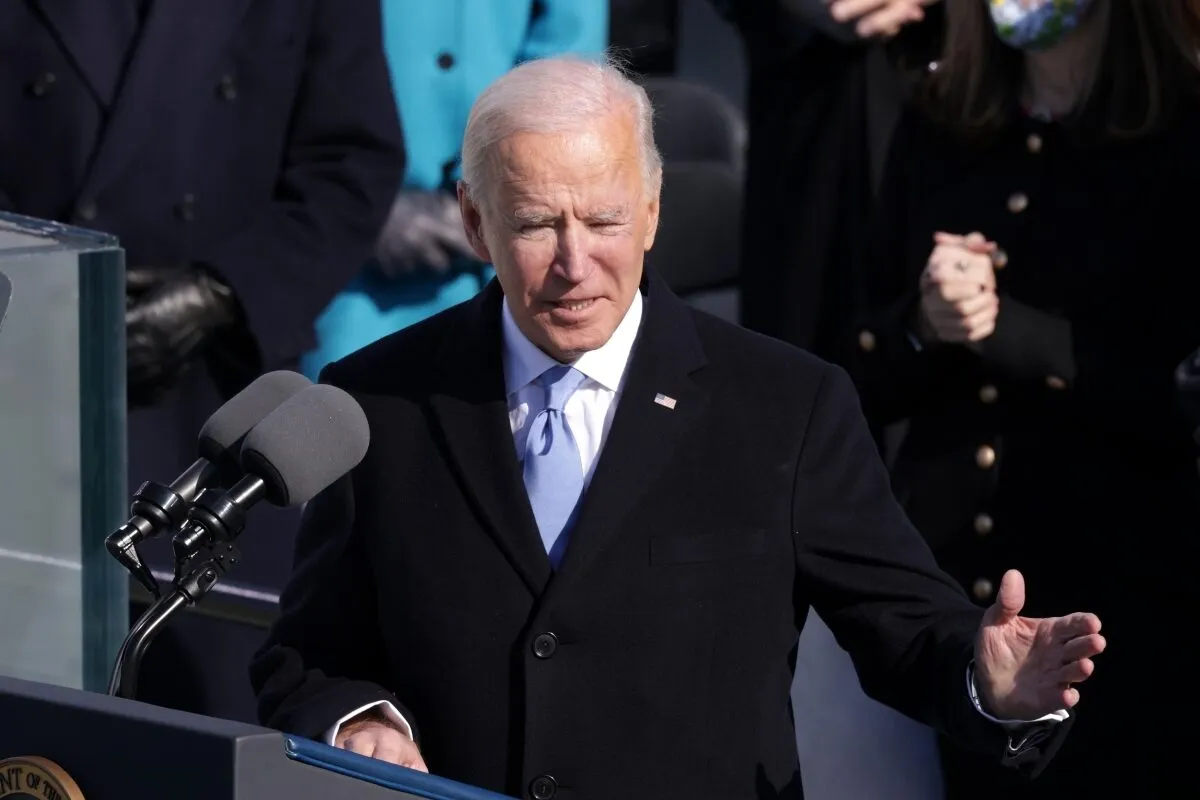Under President Joe Biden, human rights issues have become one of the main focuses of U.S. foreign and domestic policy. Biden has committed to restoring and promoting human rights, a commitment clearly reflected in his administration’s actions and statements.
Commitment to Human Rights in Foreign Policy
When Biden took office in January 2021, he emphasized that protecting human rights would be one of his administration’s top priorities. He asserted that the U.S. would not turn its back on human rights issues and would use its influence globally to promote freedom and democracy. One of the first steps Biden took was to emphasize that human rights concerns must be integral to relations with other countries, including allies and adversaries alike.

Addressing Global Human Rights Violations
The Biden administration has strongly criticized human rights abuses in several countries, including China, Russia, and Myanmar. Biden has imposed sanctions on individuals and entities connected to serious human rights violations. In the case of China, the Biden administration has condemned the oppression of Uyghurs in Xinjiang and the crackdown on pro-democracy activists in Hong Kong.
Hosting the Summit for Democracy
In December 2021, Biden hosted the Summit for Democracy, bringing together leaders from around the world to discuss human rights issues, democratic freedoms, and the fight against corruption. This summit garnered significant attention and marked a robust return of the U.S. to a global leadership role on human rights.
Domestic Human Rights Issues
However, the Biden administration also faces numerous challenges regarding human rights domestically. Issues of racial discrimination, women’s rights, and LGBTQ+ rights remain pressing concerns. Biden has pledged to advance policies that protect and expand rights for these groups. For instance, his administration has restored protections for transgender individuals in the military and implemented measures to combat domestic violence and violence against women.
Impact of the COVID-19 Pandemic
The COVID-19 pandemic has also created new challenges for human rights under Biden. Many marginalized communities, including the poor, Indigenous peoples, and people of color, have been severely impacted by the pandemic and shortcomings in the healthcare system. The Biden administration has sought to improve access to healthcare services and economic support for these groups through relief packages and investments in public health infrastructure.
Challenges from Conservative Forces
Under Biden, conservative forces and opponents of human rights have intensified their pressure. Regulations concerning women’s rights, LGBTQ+ rights, and the rights of migrants have become targets of attack. States like Texas and Florida have passed numerous laws restricting the rights of these groups. The Biden administration has attempted to respond to these moves by taking legal actions and encouraging other states to protect human rights.
Conclusion
President Biden has demonstrated a strong commitment to human rights, both internationally and domestically. Despite numerous challenges, his administration has made efforts to restore America’s leadership role in promoting and protecting human rights worldwide. However, to achieve these goals, the Biden administration needs to continue its fight not only against external forces but also with the difficulties present within the U.S. Through this, Biden aims to be not just a protector of human rights but also a creator of a brighter future for all.



